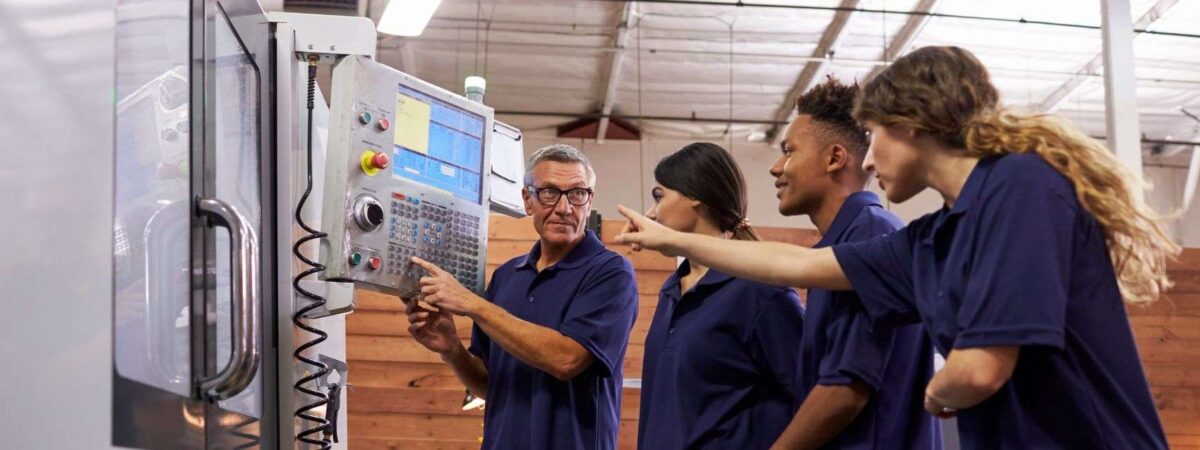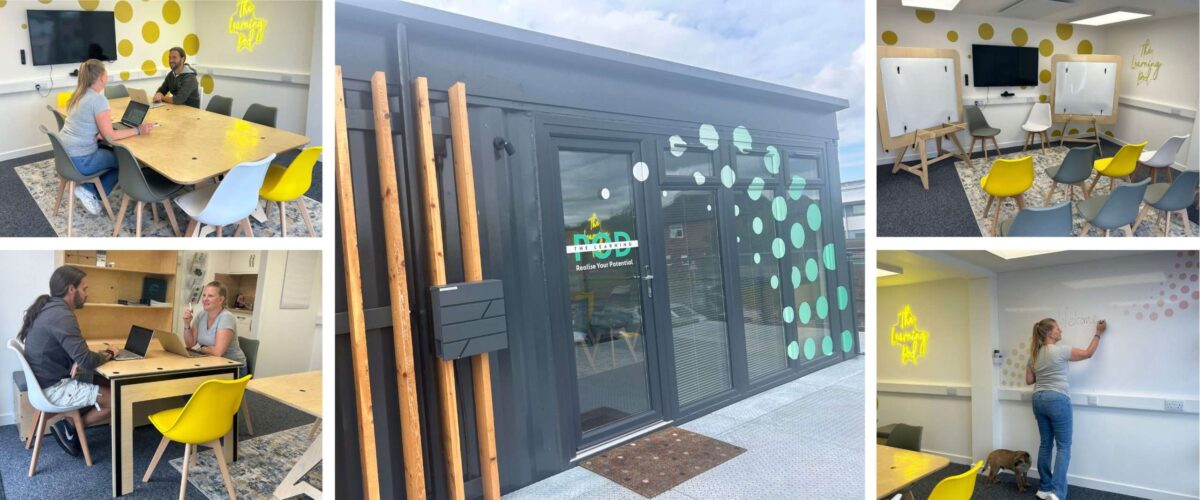Autonomy in the Workplace
“Rosie do it” says my 2-year-old.
As a doting parent, I love seeing her become more independent, and the satisfaction she takes from being able to do things for herself. With a little help here and there, she’s becoming less reliant on mum and dad, and actively wanting us to take a step back so she has the freedom to be more autonomous. If you think about it, this isn’t dissimilar to what most of us want from our workplace and our jobs. The ability to make decisions; to have control over how tasks are performed; the scope and the pace of work; we want the freedom to take positive action and make choices independent of those around us.
Speaking with candidates, they will often tell me that they want ‘flexibility’. It’s a common request and an understandable one at that, our lives are busy after all. However, nine times out of ten, what a candidate really means is that they want autonomy. They don’t want to be chained to a desk, 9 – 5, Monday – Friday, not because it’s impossible for them to do so, but because the logic behind such a working arrangement is often autocratic. This is to say, it’s being enforced from a perspective that discourages self-sufficiency and free will, a model that says “you need to be here, so I know you’re being productive” rather than trusting and empowering staff to get the job done themselves.
While a complicated concept (and not easy to get right), the latest research states that 79% of people report being engaged at work when they’re given autonomy and accountability over their performance output. So, if autonomy is what your people want, how do you give people freedom while at the same time keeping things structured and in control?
Hire the right people
If you haven’t guessed, I hate micromanagement. Personally, I don’t believe in it, I think it’s counterintuitive, and I believe you’ve fundamentally hired the wrong people if it’s a management style you need to employ. Hiring is not just about competencies but about behaviours, and while it’s important that employees are technically capable of carrying out their jobs, I’d argue that their behaviours are actually more important. A lot of the time you can teach someone a new skill, but it’s much more difficult to change someone’s behaviour. Look for those behaviours that show integrity, credibility, innovation, that someone deeply cares about their performance and about doing ‘the right thing’. These are the people who can be coached, mentored and inspired and ultimately will manage themselves.
Set clear expectations
You need to be crystal clear in your expectations. To be accountable, colleagues need to understand what’s expected of them so that they deliver what they need to and when. If the deadline is Friday, be sure they know it’s Friday, so that your priorities are aligned and everyone is working cohesively toward the same goal.
Encourage collaboration and initiative
Working autonomously doesn’t mean working alone. Leaders need to encourage the sharing of ideas and innovation with colleagues empowered to locate their own resources to achieve their objectives. In effect, everyone is instilled with the trust and the confidence to project manage their own areas, and with the safety to know that they won’t be reproached for trying something new. The holy grail here is for employees to seek out opportunities, to adapt, adjust and improve, and feedback to the business what’s working and what isn’t so we can take stock and make necessary adjustments.
Regular feedback and communication
I’m sure this one won’t come as a surprise. Feedback and communication are at the heart of good leadership. Get those 1:1s in the diary, commit to them, and offer support as and when needed around your more formal catchups.
— Martin Norris, Head of Recruitment









